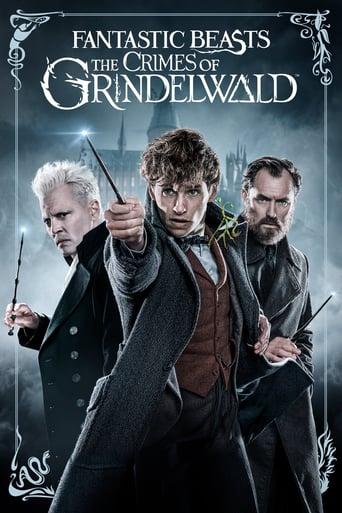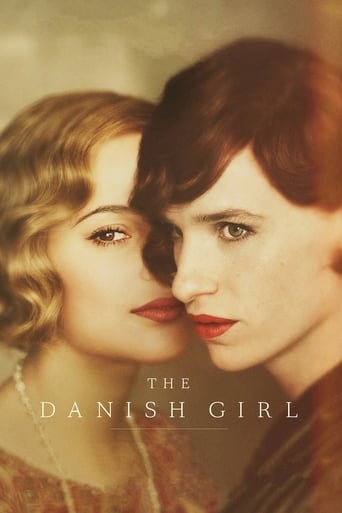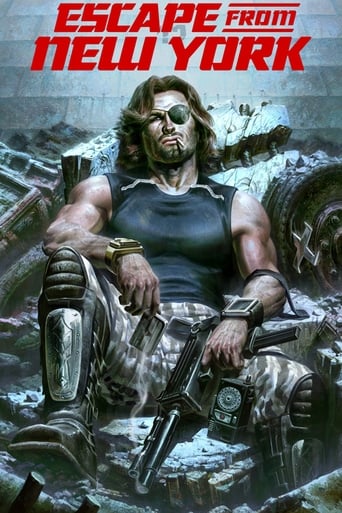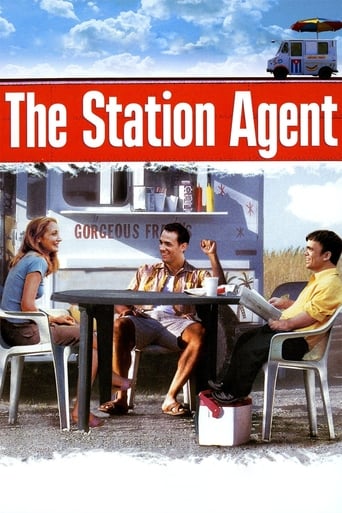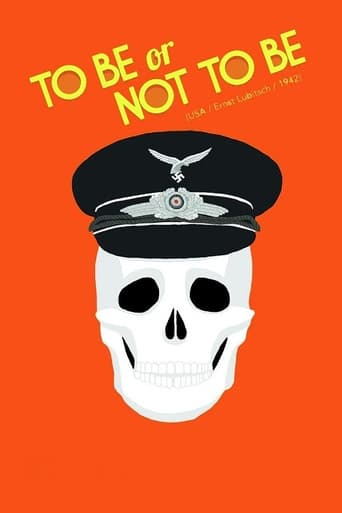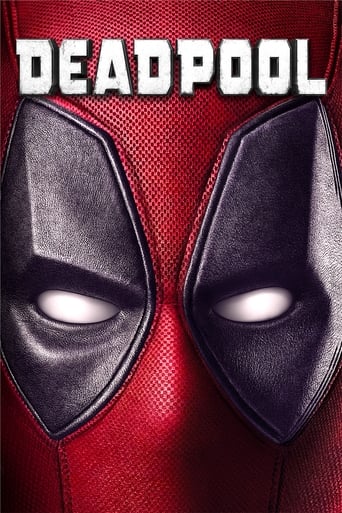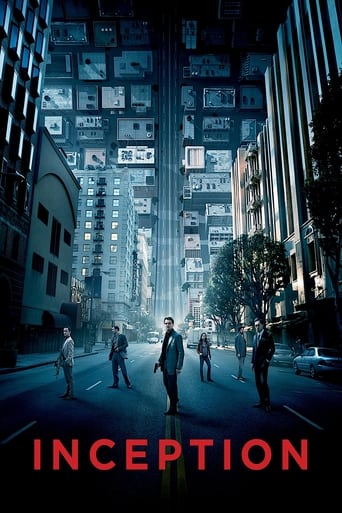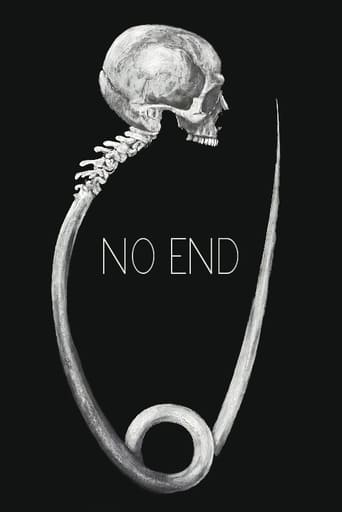


No End
1982, Poland. A translator loses her husband and becomes a victim of her own sorrow. She looks to sex, to her son, to law, and to hypnotism when she has nothing else in this time of martial law when Solidarity was banned.
-
- Cast:
- Grażyna Szapołowska , Maria Pakulnis , Aleksander Bardini , Jerzy Radziwiłowicz , Artur Barciś , Michal Bajor , Marek Kondrat


Similar titles
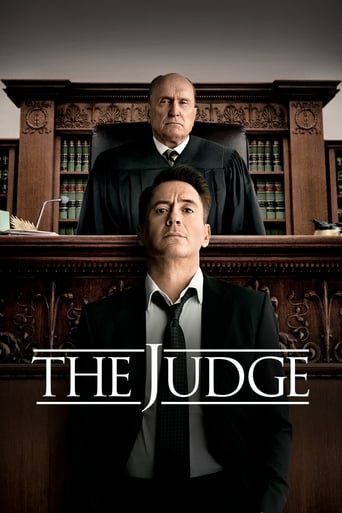
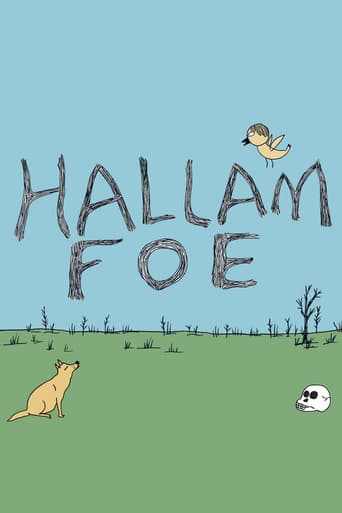
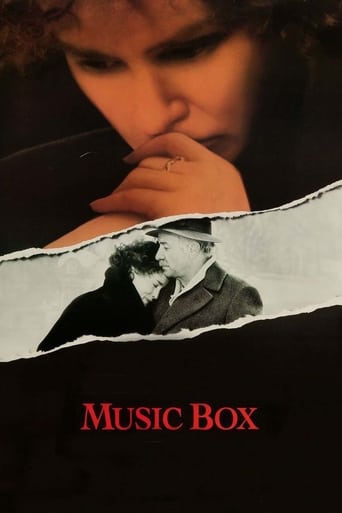

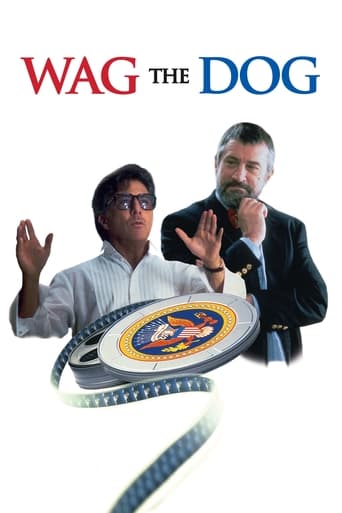


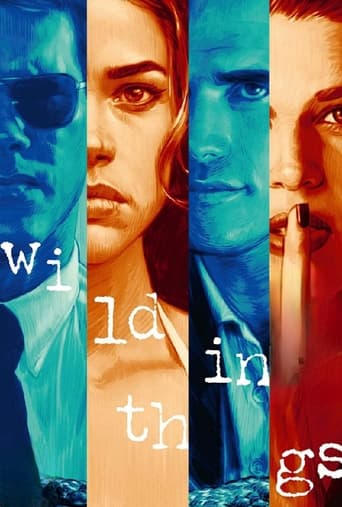


Reviews
Very well executed
Sorry, this movie sucks
Simply A Masterpiece
I enjoyed watching this film and would recommend other to give it a try , (as I am) but this movie, although enjoyable to watch due to the better than average acting fails to add anything new to its storyline that is all too familiar to these types of movies.
We might call Krzysztof Kieslowski's "Bez konca" ("No End" in English) a Polish predecessor to "Ghost", but that doesn't do it justice. This movie emphasizes the woman and how she tries to take up her late husband's task under difficult circumstances. Set in 1982, when Poland was under martial law and the Soviet-backed government was persecuting the Solidarity labor movement, it focuses on Urszula Zyro (Grazyna Szapolowska). Her lawyer husband Antek dies and she has to find a replacement for him in a case. But his spirit remains to watch over her and their son.This was a bold movie for its time. I don't know whether or not Poland had eased up on its persecution of Solidarity by the time that it got released (it was a sad irony that in the 21st century, long rid of Soviet domination, Poland assisted in the extraordinary rendition program). I suspect that this was one of the first Polish movies to feature a sex scene, if not the very first (by contrast, the first Soviet movie to feature a sex scene was 1988's "Little Vera"). Whatever the case, it remains an important piece of cinema history, and reminds us why Kieslowski was one of Europe's most influential directors.
I've began to follow Kieslowski over the past days, hoping to finally encounter his color films which I've seen for years pop up among the brilliant works. I watched this as background glimpse into his formative period. Interestingly he does two things:One is he presents a world that has come undone and carries the past. A woman, her husband has died as the film begins, life has broken down and she has to go out and face it. Everything that she encounters is an echo from the past. Two instances that involve photos exemplify it; nude photos of her that her husband had found but he's now gone before she had a chance to explain, the other shows an idyllic summer that he possibly spent with another woman (before they met?). But also an old friend who now vies for her, a night of prostituting herself because he reminds her of her husband, being hypnotized to forget him conjures his presence, and round it goes from bewilderment to epiphany.The other thing they do here is look to frame a response to bewilderment felt by Poles who had just been through strikes and martial law. A man is awaiting trial, different narratives are offered up by lawyers. Should he be pragmatic or protest? It's one of the threads that were left undone at the time of the husband's death who was a lawyer on the case. His own advice, which I perceive to be Kieslowski's, is for everyone to remove the distortions that prevent them from seeing each other.Viewers who are content to encounter a life of episodic confusion will be happy with what he does. I miss a more penetratingly visual way of threading these events and, already from my brief glimpses into Dekalog, I believe it's this ability to surround and submerge causality that he's going to cultivate, a way of dreaming in advance. Here, tellingly, we have the husband announcing his own death in the very first shot whereas it could have been threaded as discovery and glimpsed in a haze (he already tries this by the first episode of Dekalog).
the movie seems to state it's "thing" directly at least twice: when urszula reads antek's notes to labrador, and in the poem read aloud by labrador near the end. for the longest time i couldn't find subtitles for it but my reason for wanting to see it so much i watched the first time without them was no, not b/c i liked "Blue", but b/c jerzy radziwilowicz is foxy. this was a good thing though, seeing it once without much grasp of the dialogue and once with nearly all of it available in translation made the way the dialogue turned so many of the scenes on their head stand out a lot, so i don't know how much the effect would have stood out seeing it all at once. the second time seeing it being much easier also, and made so many small things that happen in the movie turn up, including a couple of details i'm sure i would have understood if i simply had a regular amount of the context i think the movie's audience would be assumed to have. as a whole it felt a little like i'd been walking neck-deep in an immense but somewhat deceptively smooth river. when the movie was over it felt like it had been physically heavy, leaving one a little wobbly. but this is how it can feel when you become stretched between things going on and relationships. popular wisdom (over here anyway) tries to say one is more Real, and the other steals from this, but as much as this is true in some sense it is also from a perspective of either luxury or detachment. when labrador is hoping to coach darek's wife in getting her husband to break the hunger strike, he asks her, do you want him free? her answer seems to convey that stretch, "he'd kill me" (figuratively) isn't just about how he'd respond to her betraying this thing he's fighting for, it's not as simple as he's neglecting his family for this thing. everyone lives in that thing, labrador's assistant conveys another facet of it, which you can immediately see is selfish when he talks to darek, but so what? the hypnotherapist seems to point to other dimensions of the emotional toll of this paradox, and at the same time the sessions almost seem to concentrate a feeling spread throughout the movie. something about the vulnerability of the living characters in the setting of the movie, there's almost a feeling like everyone's sleepwalking but the dead. i'm guessing that is how someone like myself, who can only guess, picks up the movie's expression of the feeling of the systematic oppression in the setting of the movie. no end?
Krystoff Kieslowski is today best known for his last four films, made wholly or partly in France, which in some ways is a shame, as while these movies are not without merit, they are outshone by the massive brilliance of his earlier, Polish work. Kieslowski was, of course, the greatest visual poet of communist architecture; and there's also something magical about the way he communicates the most intense emotion behind the facade of Slavic stoicism (witness, for example, in this film, the scene where the car is taken by the police). And also there was the subtext of the political beneath the personal, never more apparent than in 'No End', set (and, courageously, made) in the aftermath of the impact of the Solidarity movement on Polish society. In the face of civil unrest, the government had declared martial law, hoping to stave off a "friendly" Russian invasion; but system had lost confidence in itself, and had already effectively negotiated its own demise by the time the collapse of the Berlin wall finally cast it into oblivion. It's in this intermediate period, where normality intermingled with fear, that 'No End' unfolds, a drama that combines moral complexity and human sympathy in equal measure.The first words of dialgoue in this film are "I died". Billy Wilder had planned to start 'Sunset Boulevard' in a similar manner, but the suits didn't like it and that film makes less sense as a result of the changes they demanded. More recently, films like 'Truly, Madly, Deeply' and 'The Sixth Sense' have repeated one idea explored in 'No End', that of the ongoing relationship between the living and the dead. But whereas both of those films are weighted down by obvious sentimentality, the opening speech in 'No End' is simple, disturbing, painfully real and yet leads naturally into something far more than a ghost story, a tale in which there is no right and wrong, but in which the mixed motives of the characters only illuminate their humanity.Kieslowski is famous for his collaboration with Zbigniew Priesner, who wrote wonderful scores for this film (and all it's successors); but watching it, one is also struck by how well he used silence. He also had a talent for finding the most wonderfully expressive faces: the lawyer (Aleksander Bardini), the wife (Grazyna Szapolowska) and the client (Artus Barcis) all went on to appear in his 'Dekalog'. It's impossible to imagine a better actor than Bardini for his role; while Szapolowska appears more beautiful than any Hollywood starlet precisely because of the complete lack of glamour with which she is shot; her portrayal of a woman holding things together in the face of an unconquerable grief is wonderful and immensely sad.There are so many moments of brilliance in this film, almost of all them unflaunted; the moment where the woman's son interrupts her phone call; the tiny flinch induced when a door closes behind her, the way that light floods a previously darkened room; the speech of introduction uttered by the lawyer; Kieslowski constantly finds the subtlest of ways to shed light on his subjects. This is a ten star film, made by a master, grounded in its era but which speaks of so much more. Now released on DVD, it has to be seen.

